
A technician checks chips at a high-tech company in Wuzhou, Guangxi Zhuang autonomous region. (HE HUAWEN/FOR CHINA DAILY)
China stands ready to take necessary countermeasures against United States' tightening export controls on the semiconductor sector, but favors a "long-term, strategic approach" to its technological rivalry with Washington, said a leading Chinese trade expert.
"The more Washington escalates its measures against China, the less effective these measures prove to be, and the more they reveal their underlying fears," said Tu Xinquan, dean of the China institute for WTO studies at the University of International Business and Economics, in an exclusive interview with China Daily. "The U.S. has long hoped to curb China's technological rise at minimal cost, only to discover that stringent controls ultimately fail to deliver the intended results."
As U.S. threats to China have gone beyond economic competition and extend to strategic considerations, Tu said that China is ready to "take necessary countermeasures to safeguard its own safety and interests".
These countermeasures include imposing export controls on critical resources like rare earth minerals, which are essential for military and technological applications.
His comments hit back at recent moves by the U.S., including initiating a new Section 301 investigation into China's semiconductor industry on Sunday, and expanding earlier this month export restrictions to about 140 Chinese companies from accessing U.S. semiconductor-making equipment and advanced chip technology.
"Such moves reflect Washington's fear of growing competitiveness in homegrown chip technologies, as a group of Chinese companies like Huawei Technologies Co and SMIC indeed made some strides in chip design and manufacturing despite barriers from U.S. counterparts," Tu emphasized.
However, Tu stressed that China's response is not "tit-for-tat". "China takes a long-term, strategic view of its technological competition with the U.S.. The ultimate objective is not retaliation, but advancing development and achieving higher-quality economic growth," he said.
In the end, Tu emphasized that the rivalry between the world's two largest economies is ultimately a competition centered on development.
Despite rising tensions, Tu called for greater openness. "While the U.S. tries to isolate and contain China, we should redouble efforts to expand trade, deepen economic ties — including with the U.S. — and counter decoupling attempts," he said.
Tu believes that this approach will put China in a stronger position in its strategic engagements with the U.S..
Simultaneously, he pointed out China should broaden its engagement with other nations, including with developed and developing countries, through trade, technology cooperation and investment.
"Strengthening economic ties will bind China more closely with the global economy, creating a network of shared interests," he said.
According to Tu, the Chinese market is unique with fierce market competition, creating a rare economic dynamic in the history of the global economy.
"From a global market perspective, this is beneficial, as it increases supply, diversifies offerings and enables consumers to access better and more affordable products. To some extent, China's contributions have also helped keep global inflation low in recent years."
"Fostering shared benefits through diversified cooperation models can reduce the tensions caused by competition between major powers, even if they can never be entirely eliminated," he added.
At the same time, Tu urged the Chinese government to address the less visible barriers that foreign companies face, such as market access restrictions and operational hurdles.
"Removing these barriers will enhance the business environment for foreign enterprises in China, reinforcing the country's commitment to openness and long-term growth on a global scale," Tu said.
In response to the U.S. crackdown on China's semiconductor industry earlier this month, four of the country's top industry associations on the semiconductor, automotive, internet and telecommunications industries made rare unified stances.
China Semiconductor Industry Association said that recent moves have made U.S. chip products "no longer secure and reliable", forcing Chinese companies to be more cautious in purchasing U.S. chips.
Fu Qiang, an analyst from Ping An Securities, said that the semiconductor industry relies on globalization to reduce investment risks for individual regions and leverage comparative advantages.
"U.S. moves will only fragment global supply chains and hinder healthy industry development," Fu said. "Also, as China is a critical market for semiconductor products and equipment, many U.S. firms have significant involvement in China, and U.S. restrictions will only limit their own growth opportunities."





















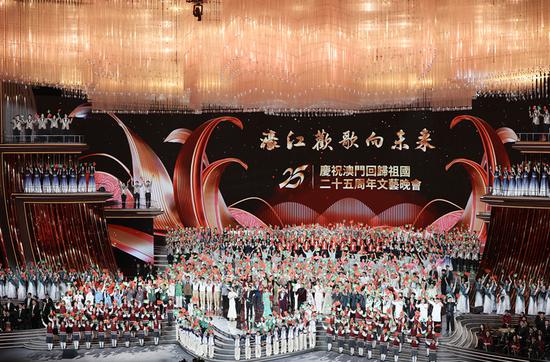



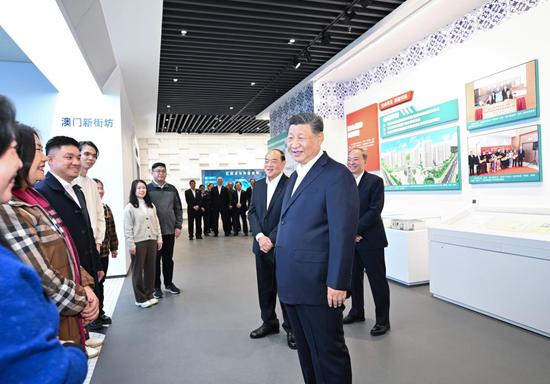




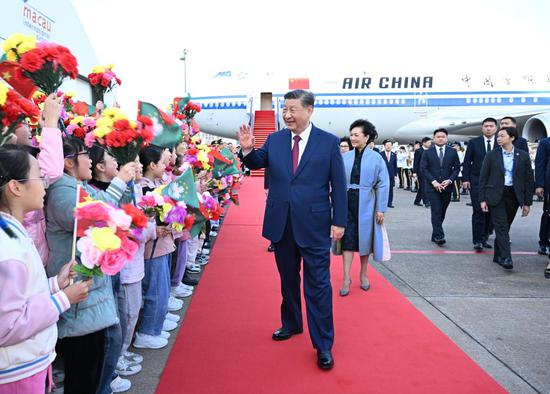


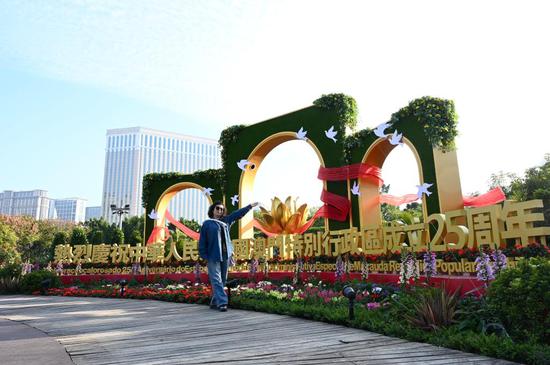



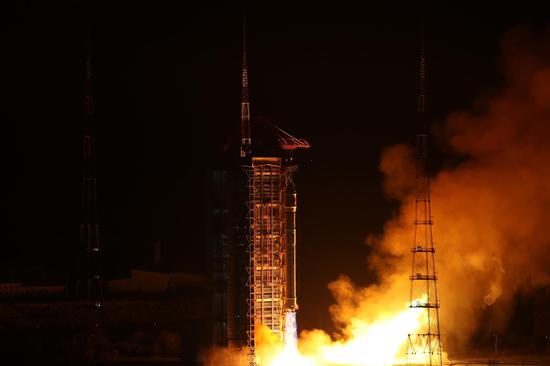








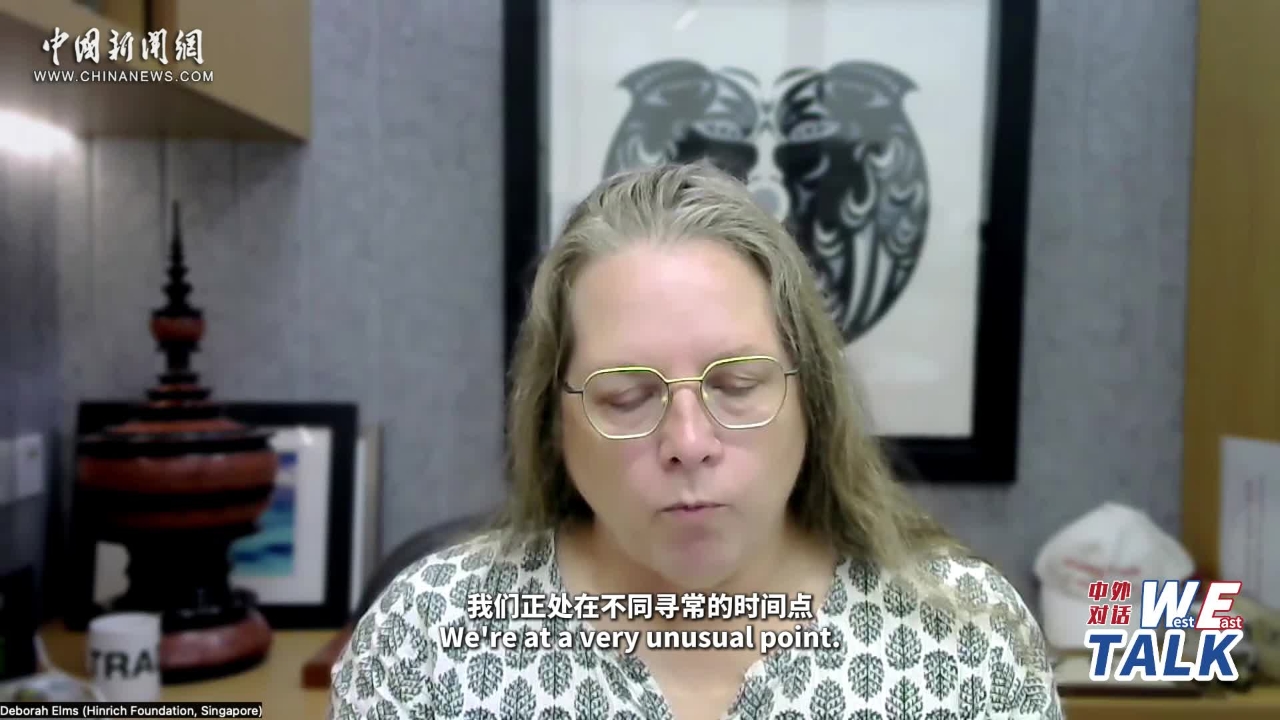



 京公網安備 11010202009201號
京公網安備 11010202009201號